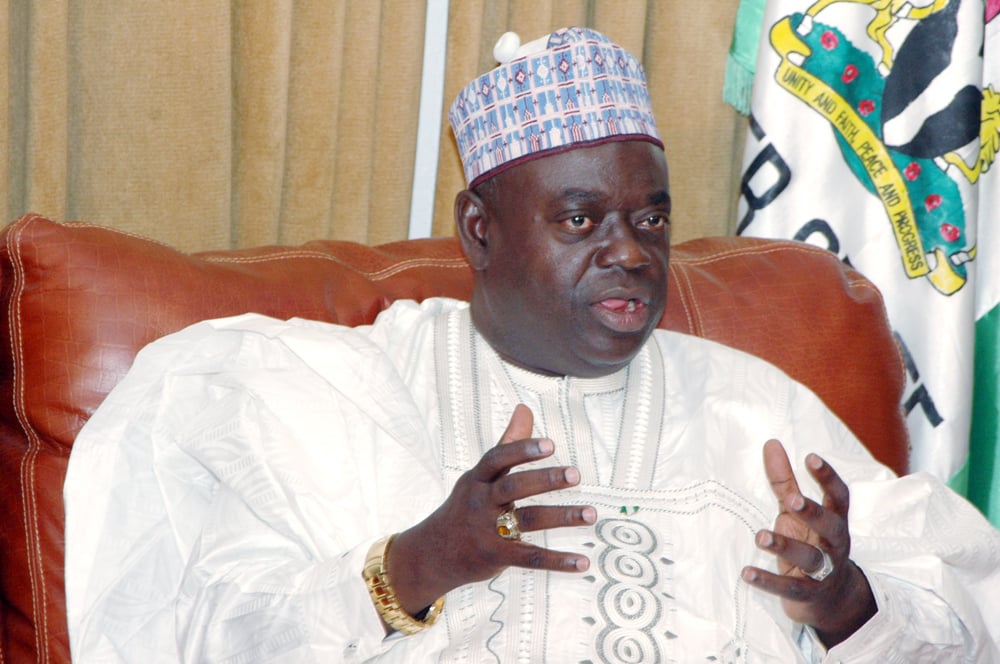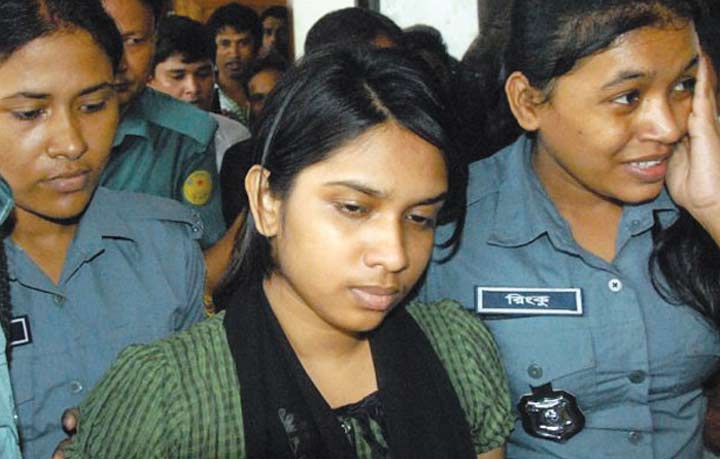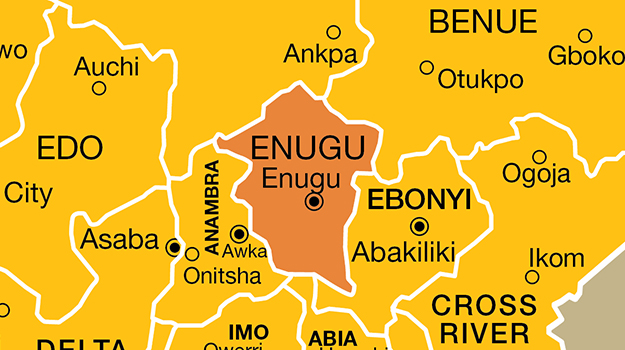Babangida Aliyu
By Danladi Ndayebo
In a tribute to commemorate the 6oth birth anniversary of Dr Ngozi Okonjo-Iweala, last year, Bishop Mathew Hassan Kukah explored the effectiveness or otherwise of serious-minded intellectuals in shaping public policy in a developing nation like Nigeria. That piece was perhaps one of the most authoritative on the subject, as it also provided useful insights into the travails of intellectuals who find themselves in politics.
The Catholic bishop of Sokoto Diocese wondered what “an international scholar with Okonjo-Iweala’s impeccable credentials and pedigree would be doing in public life in a country where politics is not only a contact sport, but one that respects no rules of engagement”. He asked: “What is she in this for, given the apparent lack of appreciation and the occasional vilification and assault on integrity?”
Kukah’s conclusion was that those who, like Ngozi, “have thrown their cherished credentials in the ring of public life must stay the course, remain undaunted and unfazed”. “What our nation needs now is an intellectual-elite strike force which must rally round to imagine a world that is not here yet,” he noted.
Hardly would anyone disagree with the clergyman’s conclusion, given that we live in a country where, all too often, those who choose to speak the truth pay heavily for their blunt mannerism. One such victim marks his 60th birthday today: Dr Mu’azu Babangida Aliyu. Like many intellectuals in politics, has been repeatedly vilified, mainly by arm-chair critics whose criticisms are almost always long on insults and short on logic. His openness and capacity for elevated reasoning have, many times, put him at a crossroads. This is mainly because many of his critics do not know his pedigree. Therefore, a brief excursion into his background will suffice here:
Advertisement
Babangida Aliyu’s activism predates the controversial Group of Seven governors (G7) which challenged the leadership of the Peoples Democratic Party (PDP) in the run-up to the 2015 general elections. Way back in the early ‘80s, he had etched his footprints on the sands of the nation’s democratic struggles as one of the leaders of the Nigeria Labour Congress (NLC) under the administration of former President Shehu Shagari. As chairman of the Niger State chapter of the NLC, he was a major actor and one of the prime negotiators in the many interfaces between Nigerian workers and the then government.
Aliyu’s resilience, forthrightness and intrepidity in the discharge of his responsibility won him the hearts of his people. The people of Chanchaga Federal Constituency reciprocated by electing him into the House of Representatives in 1983, while he was still writing his final examinations for his first degree at the Bayero University, Kano. That was the first step that was to later mark him out as a consummate politician.
When he left the shores of Nigeria for the United States to pursue further studies at the University of Pittsburgh, following the military coup d’état that truncated the Second Republic, his interest in the democratic enterprise remained unflinching. After his successful academic sojourn in the US, Dr Aliyu returned to Nigeria and joined the federal public service. For several years, he served meritoriously in various sensitive positions and in different public institutions – ministries and agencies, including as a director in the Cabinet Secretariat, and a director, maritime services, in the Federal Ministry of Transportation.
Advertisement
It was through a dint of hard work and the grace of God that Dr Aliyu rose to the pinnacle of the civil service as a permanent secretary in 1999. Many stakeholders saw the need to draft him to run for the governorship race in Niger State in 2007. He did and he won.
It is therefore understandable that, given his wide exposure and educational sophistication, Dr Babangida Aliyu would always call a spade by its name. He talks straight without mincing words, and this trait has attracted for him as many enemies as it has endeared him to more friends.
Whatever anyone thinks of him, Nigerians, especially Nigerlites, must appreciate that he has done so much for Niger State, for the North and for Nigeria. As governor of Niger State, Dr Aliyu demonstrated capacity and proven fair-mindedness to preside over a multi-ethnic and multi-religious national community. For those who believe that peace and stability are some of the most important ingredients for progress, Niger State under him provided an ample case study.
At a time some state administrations were stoking fire of hate and violence over the “natives” and “indigenes” phenomenon, Dr Aliyu obliterated such primordial differences in his state. He turned Niger State into a monolith of peace in the way he wiped out all forms of division in ethnicity and religion. For his administration in Niger State, everybody who resided there was a Nigerlite and enjoyed every amenity or provision of the government without discrimination. The concept of state of origin did not exist.
Every school child in primary school and students in secondary school in the state enjoyed free education without discrimination; every child up to the age of 5, all pregnant women and the aged were entitled to free and quality medicare without discrimination.
Advertisement
The fear of religious disturbances that still threaten some states in the North could not have an abode in Niger State mainly because the governor was always proactive. In 2010, he moved quickly to uproot a settlement of a deadly Islamic sect in the Mokwa local government area of the state.
Even though the sect was yet to exhibit any tendency towards extremism or violence, Aliyu did not wait for them to be tempted to do so. With the cooperation of the federal authorities, the Niger State government dispersed the adherents of the group to their states of origin and closed their settlement. He again dislodged a similar group in Lapai LGA in the twilight of his administration.
The administration had also tackled some issues that were hitherto thought intractable. Immediately he mounted the saddle, non-payment of gratuity and pension which had accumulated for almost a decade ended. Shortly after taking office, Governor Aliyu recognised that labourers deserved their wages. He ordered the prompt payment of all outstanding arrears of gratuities and pensions to all retirees. Throughout his eight-year reign, he never owed workers.
With his election as chairman of the Northern States Governors’ Forum (NSGF) in 2007, his leadership made prolific impact in terms of peer review and experience sharing. Before then, NSGF leadership was rotated among the governors of the region with each selected to chair sessions. He reckoned that this kind of spatial arrangement defied logic, as cohesion was sacrificed. Today, the NSGF has become a force to reckon with and a voice of wisdom.
Advertisement
As he marks his 60th birth anniversary today, here’s a wish for a happy birthday to the Chief Servant of his people.
Ndayebo, a former commissioner of information, communication and integration, writes from Minna, Niger State.
Advertisement
1 comments







This is one of the most a** kissing article I have read in recent times. What has Babangida Aliyu did for Niger state? Go to gombe state and see what it means to work for a state. People like Babangida Aliyu are the so called northern leaders that have been taking the northerners for a ride. You can kiss your boss feet but you can’t deceive us by this article